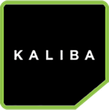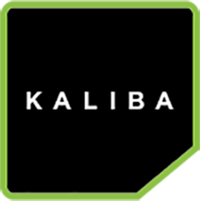Connecting Tech People.
Work with APAC's leading tech recruitment professionals.
Kaliba operates across the APAC region to serve you locally. With a solid track record recruiting tech and IT sales professionals, our broad reach extends across Australia, Singapore, Hong Kong and beyond. We connect leaders in technology and IT sales with their dream employee or employer, across a variety of industries and tech specialisations.
Whatever stage of the tech lifecycle you're in, we have a
talent solution to fit.
Create &
Build

- Software Development
- UX Design
- Product Management
- Architecture
Sell

- Marketing
- Sales
- Pre Sales
- Customer Success
Deploy

- Implementation
- Post Sales
- Testing & Quality Assurance
- Project Management
Maintain &
Optimise

- Infrastructure
- Cloud
- Cyber Security
- Networking
- Support
- Data & Analytics
Lead &
Grow

- Sales Leadership
- Technical Leadership
- Marketing Leadership
- C-Suite
Your tech vendor
specialists.
We partner with IT vendors to build specialist tech and IT sales teams across Asia Pacific.
Download Kaliba's FREE Market & Remuneration Insights reports.
Insights that matter.
Insights to support you on your technology career or recruitment journey. Visit our Content Hub for more valuable insights and resources.
Subscribe to our newsletter for tech professionals: The Kaliba Shortlist
A concise monthly LinkedIn newsletter featuring news and insights for technology and IT Sales professionals building a career in APAC.
Let's work together.
Find out how we can help you with build your
ideal team or your dream career in tech.












